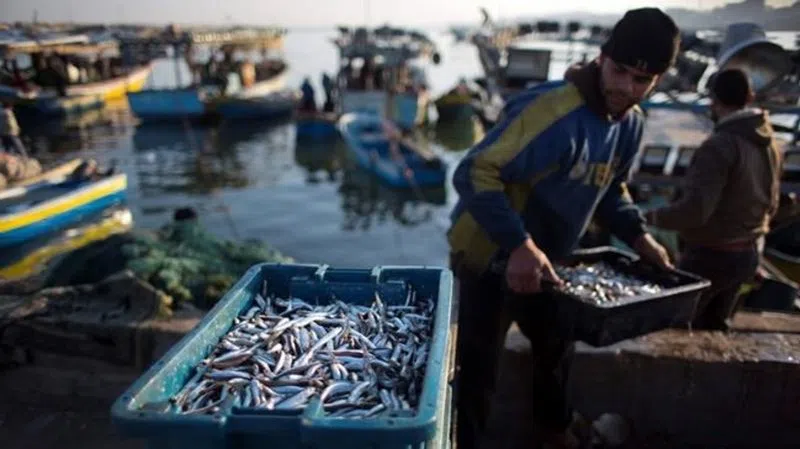
Experts say Med Sea altered by Suez Canal’s invasive species
TEL AVIV, Israel — As Egypt marks the 150th anniversary of the opening of the Suez Canal, marine biologists are bemoaning one of the famed waterway’s lesser known legacies — the invasion of hundreds of non-native species, including toxic jellyfish and aggressive lionfish.
The canal, which connects the Red Sea to the Mediterranean Sea, revolutionized maritime travel by creating a direct shipping route between the East and the West. But over the years, the invasive species have driven native marine life toward extinction and altered the delicate Mediterranean ecosystem with potentially devastating consequences, scientists say.
The influx has increased significantly since Egypt doubled its capacity in 2015 with the opening of the “The New Suez Canal,” raising alarm in Europe and sparking criticism from various countries along the Mediterranean basin. The sharpest criticism comes from neighbouring Israel, which once battled Egypt in war alongside the 193-kilometre (120-mile)-long canal.
Bella Galil, an Israeli marine biologist who has studied the Mediterranean for over three decades, said much of the ecological damage is irreversible.
